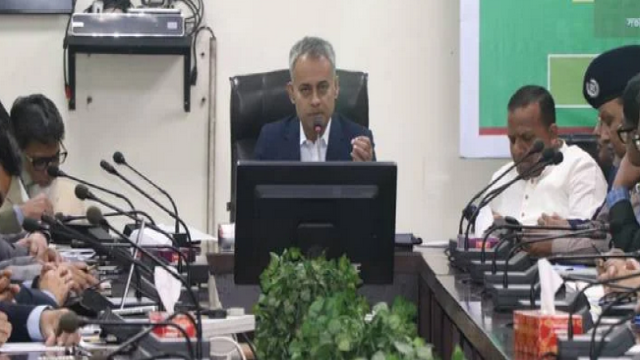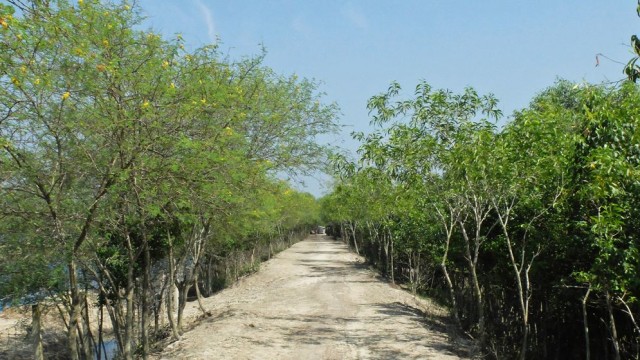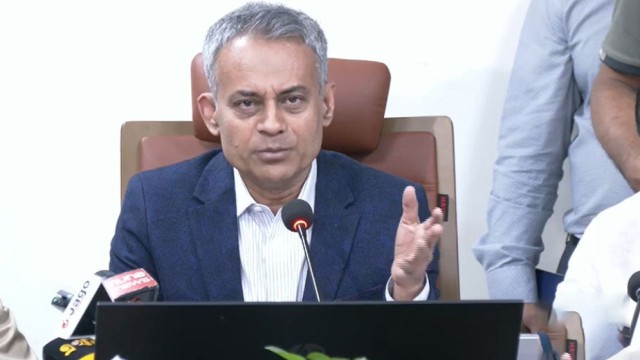Dhaka, Apr 07 (V7N) – In a major step toward revolutionizing internet connectivity across the country, the Bangladesh Investment Development Authority (BIDA) has officially approved Starlink, a satellite internet service provider owned by SpaceX, to begin operations in Bangladesh.
At a press conference held at the Foreign Service Academy on Hare Road in the capital on Sunday, BIDA Executive Chairman Chowdhury Ashiq Mahmud announced that Starlink was granted approval on March 29, keeping in line with the government’s commitment to allow the company to operate within 90 days of their proposal.
“It is mandatory for foreign companies to register with BIDA to conduct business in Bangladesh, and that registration has already been granted to Starlink,” Mahmud said.
He further stated that Starlink will apply for the required Non-Geostationary Orbit (NGSO) license today (Sunday). Once the application meets the regulatory standards, approval will be issued, removing any potential barriers for their full-scale operations in the country.
To demonstrate its capabilities, Starlink's satellite internet service will be used on a trial basis on April 9 at the Intercontinental Hotel in Dhaka during the Bangladesh Investment Conference. All participants will be able to use the service, and the conference will also be broadcast live using Starlink’s high-speed satellite internet.
This development follows a key telephonic conversation between Chief Advisor Dr. Muhammad Yunus and SpaceX CEO Elon Musk on February 13, where both parties discussed the prospects of launching Starlink’s services in Bangladesh and potential areas of cooperation.
Technology experts believe Starlink’s entry will bridge the digital divide between urban and rural areas. High-speed satellite internet will allow people in remote regions to access services previously unavailable due to poor connectivity, thereby enabling opportunities in freelancing, e-commerce, online education, and telemedicine.
The arrival of Starlink is being seen as a transformational moment in Bangladesh’s tech landscape, with far-reaching implications for rural development, innovation, and economic growth.
END/MSS/AJ






























Comment: